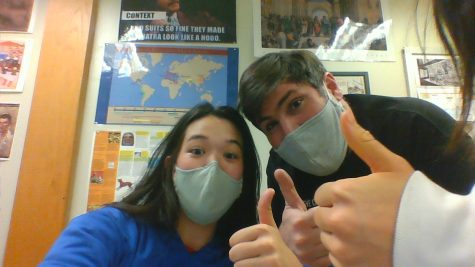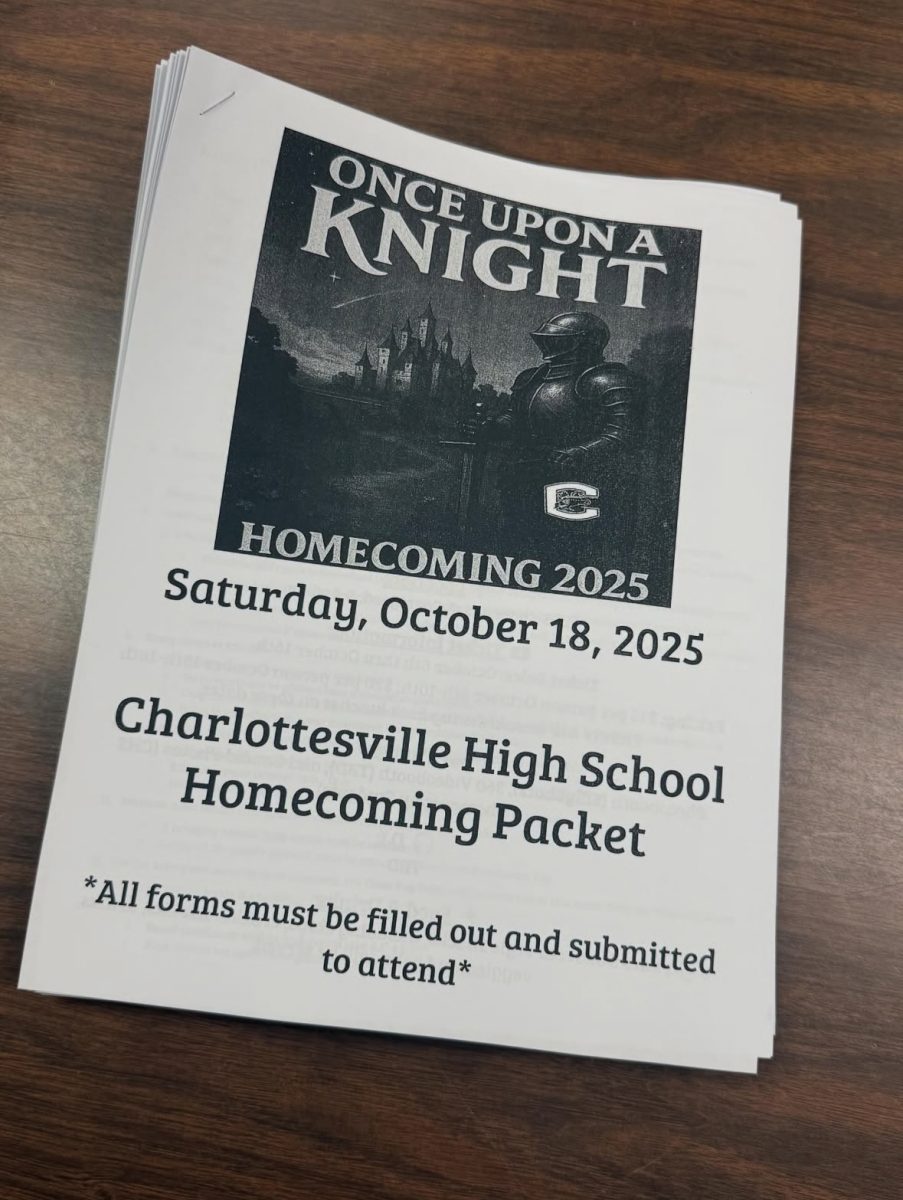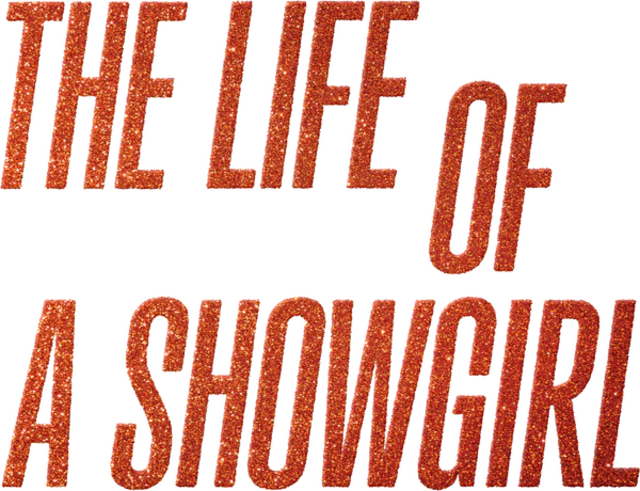Facing the Reality of Sexual Assault in High School
January 25, 2023
SARA 24 hour hotline (434 – 977 – 7273)
Sexual assault has been and will always be a difficult subject to talk about. The balance of protecting victims while making sure abusers face consequences is hard enough without the added challenge of being in high school. Being a victim of assault in high school brings a whole new set of issues such as rumors, social media, bullying, and the complications of being a minor. An even greater challenge is walking the halls with a perpetrator every day. The process of dealing with sexual assault and its aftermath is a complicated process.
Sexual assault is defined as any unwanted physical contact. Even if someone initially consented to it, continued contact is considered assault if they retract that permission. Additionally, sexual harassment includes any unwanted sexual remarks. Every 68 seconds another American is sexually assaulted according to the 2019 report by the Department of Justice. Additionally, a recent report from American University shows that there were 12,175 sexual assaults from 2015-2020 in Virginia public schools. At this alarmingly high rate, sexual assault is undeniably prevalent everywhere in the world– including within the walls of Charlottesville High School.
Of CHS students surveyed, many have very little understanding of what sexual harassment is and what they should do if they are victimized. When asked the question, ‘what is sexual assault,’ students gave responses like “I have no idea,” or, “that’s a hard one, I have to think about that.” However, some students are aware of the qualifications of assault, and define them as, “touching without consent,” or “when something is done to you without your permission and you truly don’t want it, rather you outright say it or show that you don’t…” This variety in responses proves the discontinuity of understanding about this topic.
When students were asked who they should report to, the unanimous response was their school counselor, though the majority of the students said that they would not feel comfortable going to their counselor if they were harassed or assaulted. This shows a large breach in communication, as many students do not have a close relationship with their counselor, making it very difficult for them to have the courage and comfort to report such a personal and vulnerable experience. Counselors are essential to supporting students, and our school system is fortunate to have a hard-working and valuable network of support, but the truth is that the majority of CHS does not see their counselor more than a few times a year– making forming a relationship unlikely. “Unfortunately, we have had the experience of handling multiple cases a year.” says Ms. Eubanks and Ms. Key, two school counselors at CHS. “While we aren’t able to see every student countless times a year, we would hope that they would feel comfortable coming to us or another adult in the building. The counseling department is a safe space for everyone.”
School counselors, along with all staff members in public schools, are mandatory reporters. This means that if they hear anything, or if someone reports to them, they are required by law to report the information to the students’ guardians or parents. To many victims, this is another barrier when they decide whether or not to talk to their counselor. No matter the home situation of the student, it is a difficult experience to divulge. People often need time to feel comfortable sharing. This creates a hard situation for any victim who is looking for support from the school, but also feels too scared to tell anyone.
Carley Mack, the Director of Prevention at the Sexual Assault Resorce Agency (SARA), in Charlottesville, recommends students “talk to a trusted teacher or ally that is an adult. The reason I start there is because that level of established trust allows someone to speak honestly without feeling like they have to filter themselves, or check whether or not something happened to them. They can open up freely.” That trusted adult can point the survivor in the direction of resources that will help the situation. Ms. Mack also highlights the social workers in the CHS building who are qualified to help, and she mentions that the support she has received from the counseling department and teachers has been very helpful.
One of the biggest areas of confusion within the realm of sexual harassment in our school system is the actual process of reporting and investigating a claim. Title IX prohibits “discrimination based on sex in education programs and activities that receive federal financial assistance.” In the context of sexual assault, this establishes that if someone has been assaulted, then they can not be denied any educational opportunity because what happened to them.
A representative of the Title IX division of CCS, who requested anonymity, said that for an investigation to be administered, there must be a formal complaint filed either directly or on behalf of a student, where the incident occurred during a school-sanctioned event. The claim must fall under the Title IX definition of sexual harassment, which suggests that the harm must be “so severe and pervasive that it prevents them from getting an education.” Charlottesville City Schools has separate policies beyond Title IX, and so if the claim doesn’t fit the definition, there can still be action taken for other forms of harassment. Such an action would be outside of the Title IX division’s supervision. If the claim falls under Title IX guidelines, a formal investigation will be conducted by the division office. A notice would be sent out to both parties, and supportive measures would be taken during the two-week-long period that it usually takes.
For example, “We can put in supportive measures at the school–” says the division representative. “–meaning that the division would make sure the person who made the complaint has access to their school counselor, mental health specialists, if they need a schedule change or anything. Depending on the situation, the respondent could possibly have a schedule changed or be removed from an activity.” Additionally, if there is evidence of imminent harm, immediate action could be taken as well. Once the investigation is completed, contrary to what some may think, the Title IX compliance officer would write up a recommendation, which would then be sent to the ‘decision-maker,’ who, in CCS, is the superintendent. The superintendent would make the final verdict in response to the Title IX division’s recommendation.
Title IX is a beneficial resource under specific circumstances but most of all is helpful in people knowing that, “There is a zero tolerance policy. That we are upheld by this larger Tiitle IX policy that [sexual assault] can’t happen.” According to Mack, it is an effective policy– if the ways in which resources are made known are clear to students. “Title IX, as an entity, is gonna work if people trust it,” Mack said. “And people won’t trust something that they don’t know anything about.” The Title IX official widely encourages students to report incidents of this manner that occur during a school-sanctioned event.
While this all makes sense, it still holds true that students do not know much about the process of dealing with sexual harassment in the school system. The information requires some effort to find. The documents can be found on the CCS website under the ‘Policy Manual–’ specifically under Section J. The Student Handbook can be accessed in Canvas and on the website, but the sixty-four pages of the document only hold a small section of information about the sexual harassment policies. There are links to information about Title IX on page nineteen of the handbook, but it can be reasonably concluded that most students do not know about the process. There is no denying that the information is possible to find, but for many it would be beneficial to make this knowledge more accessible. All staff members are required to undergo a Title IX training every year, explaining what their responsibilities are, but there is no discussion with students about it. The only way for these details to be found is by scrolling through the website and facing the inevitable fact that these policies are not easy to be found.
CCS is required by the state to have specific support of victims based on laws in place, but there are many helpful resources that students can find more easily outside of school. The Sexual Assault Resource Agency is an eager and very helpful resource for students in which they will remain completely anyonymous. Mack and the Adult Advocate of SARA, Lindsey Hayes, were interviewed on their thoughts about sexual assault at CHS and asked to share what resources students have.
Green Dot, a CHS prevention program sponsored by SARA, is a bystander intervention program that makes clear what assault is and clarifies how students should intervene. This organization, however, is not able to directly help victims, but instead tries to prevent future incidents through educating students. When asked what students should do if they have been victimized, Lindsey Hayes said, “It is important to assure [students] that they have a safe place to talk, to just get it out. Also [it is important] to give them choices cause when you have had your autonomy taken away and you have not been able to make choices for yourself it is really empowering to be given a menu of options of like where you can go if and when you want to.”
SARA provides these options through advocates who present victims with a range of options on how to proceed after a traumatic event. Whether that is reporting to law enforcement, to the school, or finding ways to cope, SARA proceeds only how victims want them to in order to give control back to survivors. Hayes and Mack also emphasized the importance of students having support outside of school and the benefits of having an advocate. When asked about the advocates for the victims, Hayes said, “99 percent are going to be someone that they have never met or seen. And they don’t have to report it in school to people they have to see everyday, they don’t have to worry about who knows because it is 100 percent confidential.” Another option for support is calling the SARA anonymous hotline, which allows victims to tell someone about their trauma or talk to trained professionals without social repercussions in their life. Any way a survivor chooses to proceed is completely supported by SARA, an organization that provides an environment for healing.
Despite the common lack of awareness and publicity surrounding the process of reporting, there are plenty of resources and options for victims in our community to find support. However, it is obvious that more publicity and attention could be present surrounding such resources.
If you have been a victim of sexual assault please reach out to an adult or an organization such as SARA.







